This is number 37 in THE REVELATOR’s intermittent travelogues of locales we believe our readers may choose to vacation, relocate, or daydream upon. Long-time readers may remember such previous entries as “Oh Those Romans!” in which our former editor Alice X invited readers to her home on the Amalfi coast, and “Oh Those Red Legs!” which described the bewitching post-Civil War scenery along the Kansas-Missouri border. The following letter with its accompanying photos was written by Mary Francis Cogswell, formerly of Boston, Mass. and mailed to her niece Emily Duchamp of Newburyport, Mass on Sept. 25, 2011. It is Ms. Duchamp, a Loyal Reader, who forwarded the missive to us.
The Brattleboro train station: The Amtrak from Boston was half an hour late, but I had an hour connection in Springfield and so did not miss The Vermonter. I arrived in Brattleboro a little after 5 PM and immediately felt my spirits lift. I could tell I was entering a more hospitable region not yet infested with billboards, hip-hop, and illegal aliens, all the horrors that the unenlightened call progress. Two helpful lads offered me a lift to my hotel if I would purchase them beer and I happily complied, even passing out doggy biscuits to their dear little puppy, Zoth.
Brattleboro: The town is quaint is all the best and worst senses of the word. The best: I feel absolutely safe, even though I do not see a single policeman, perhaps because I do not see a single policeman. The worst: Even though there are more bookshops here than drugstores, the former are musty, thereby requiring me to find the later so as to alleviate my allergy symptoms.
Brattleboro graffiti: I find the graffiti in Brattleboro most entertaining. These are not the simple declarations of my youth, where someone like my dear departed Harry would write his protestation of love on an overpass. They are truly works of art. I can’t help think that, as with all art, a hidden message is contained therein but I am just too much a fuddy-duddy to understand.
Northward bound. After a good night’s sleep, I picked up my rental car. The young man behind the counter sported a small black mustache and affected an urbane condescension, almost a mockery of the Bostonian accent, but these could not hide the marks of the inbreeding so common in isolated communities. When I asked him for directions, he replied, “Why don’t you Google it?” However, on stating my destination, he became conciliatory, even drawing me a helpful map. His grandfather, he said, had lived in that vicinity before being taken by the wanderlust. That is just how he phrased it—The Wanderlust—as if it were a ship you hopped aboard for conveyance to a distant port.
The West River. It is not even a month since Hurricane Irene and its mark lies heavy on the land and, most particularly, on its waterways. I ate my luncheon sandwich on the banks of the West River, where I saw much that had been deposited by the surging waters. I could not explain all that I saw but I am sure that what seems strange to me is commonplace to the locals.
West River Bridge. I saw a man digging a trench in the shallow waters by an archaic covered bridge. This enterprise, bizarre in its futility, piqued my cat-like interest and I inquired as to the task that he engaged. “Ask me no questions and I’ll tell you no lies,” was his delightful response. Oh, those Vermonters!
Bald Mountain. How like the locals to call a place Bald Mountain when it bears a full head of hair! But seriously, the young man at the car rental counter, a Mr. Noyes if I remember correctly, told me that it had acquired the name when its top burned clear in a forest fire many decades ago. He hinted that the fire had been intentionally set but for ‘obvious reasons’ no one had been arrested. The peak had been known by the name of Dark Mountain before the fire. Once I am settled here, I shall send a letter to the local paper recommending a return to the historically accurate name.
Round Hill Cemetery. I knew from the address that the house was on Round Hill Road, but I had not known that topping Round Hill itself was a cemetery. Why it’s almost on my new doorstep! The stones are recent and ancient, of marble, slate, and decaying limestone, the lettering on some clear, on others so eroded it might as well be hieroglyphics. It is quiet here and peaceful. My dear Harry used to say, “Cemeteries make good neighbors,” and now I know what he meant.
The house! “A white, two-and-a-half story house, of unusual elegance for this region.” That’s how my friend described the place to me in his letters. Accurate but, I’m afraid, colored by nostalgia. The house could certainly use a woman’s touch! My friend was not here to greet me, being engaged in business elsewhere — he too likes to journey aboard The Wanderlust! — but I took him up on his offer to make myself comfortable. He is truly an old-fashioned gentleman for he has a ham radio in his library; men will have their toys. In that same library he also has a shelf packed with various preserves, each canister labeled with the name of the good neighbor from whom he received the gift. I suppose it makes his heart leap to see how well he is loved. I hope the neighbors take as good a care of me as they do of him.
The post office. Here’s where I will mail your letter, my sweet Emily! A small post office in a small town, but this is now my small post office in my small town. The post office is set right up against the woods and in the woods there is the buzzing of cicadas. Or does the buzzing come from within the post office itself? Its walls throb to my touch. Perhaps they have purchased a new-fangled machine to expedite deliveries. I will try not to laugh, because what is new to them is likely to seem hopelessly barbaric to me.
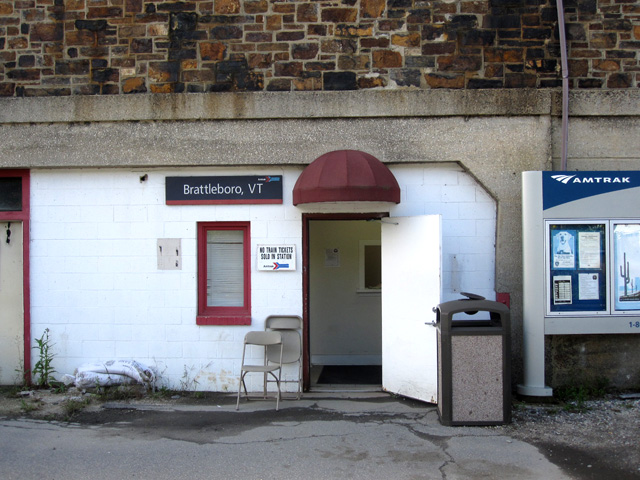
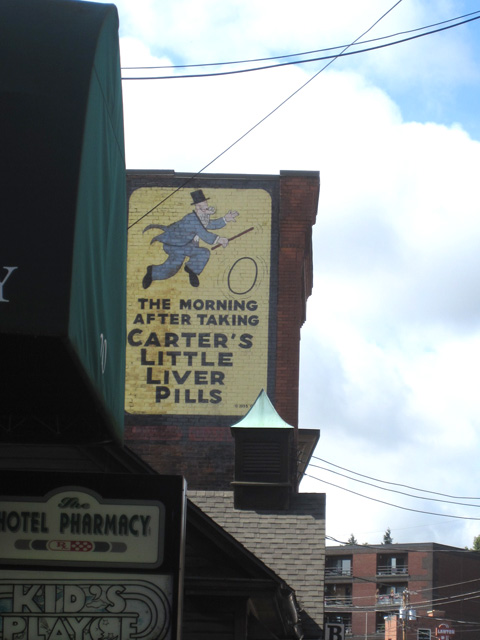
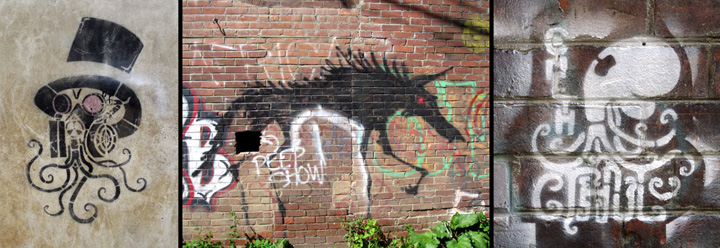

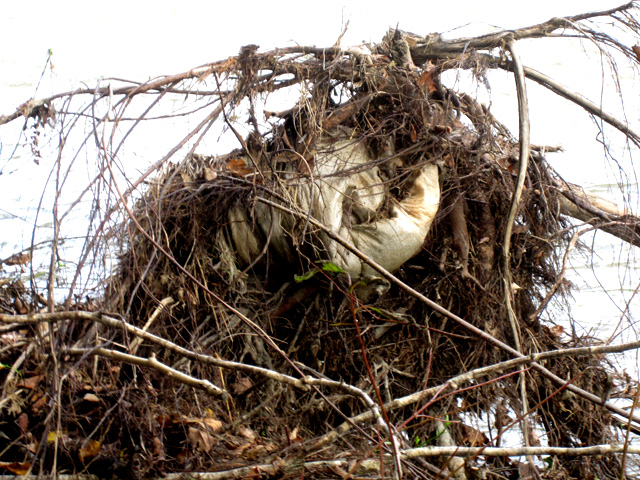
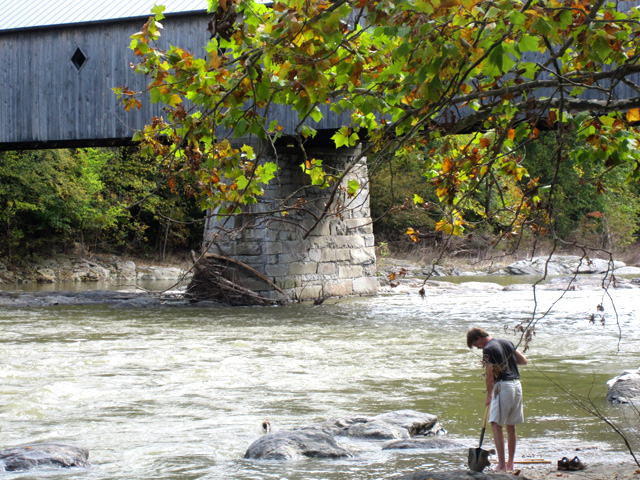

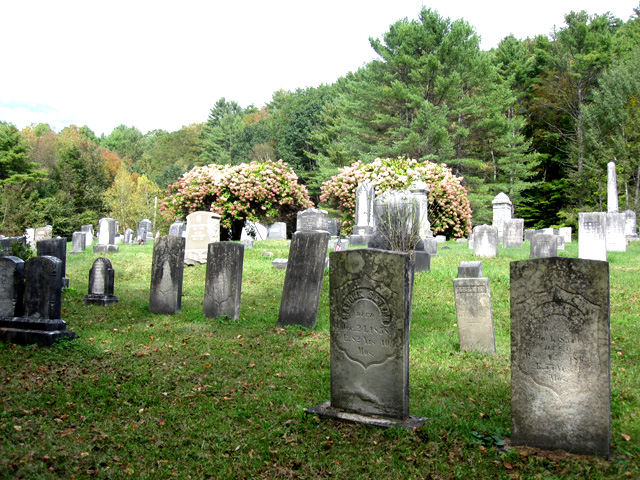

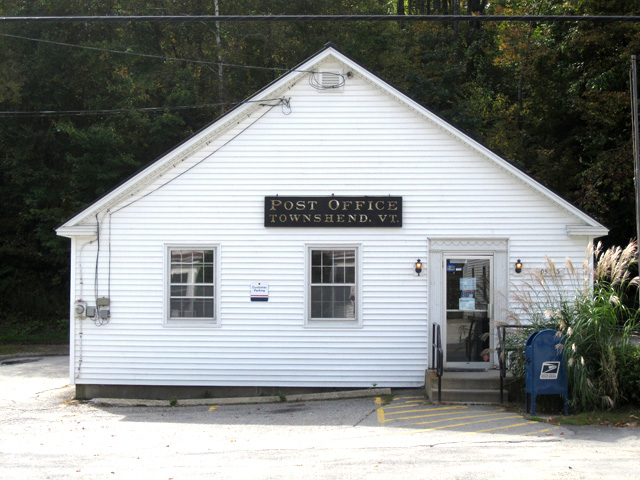
You must be logged in to post a comment.